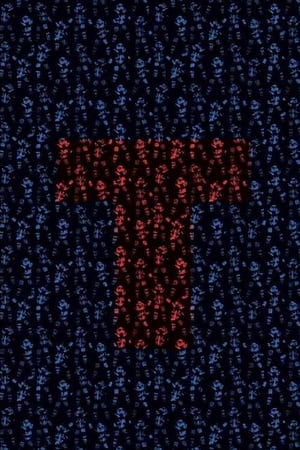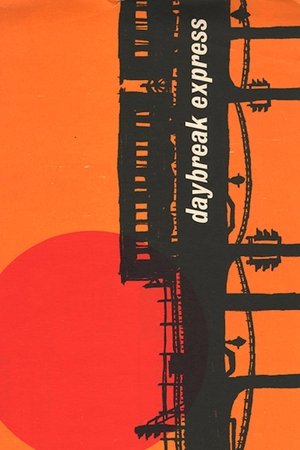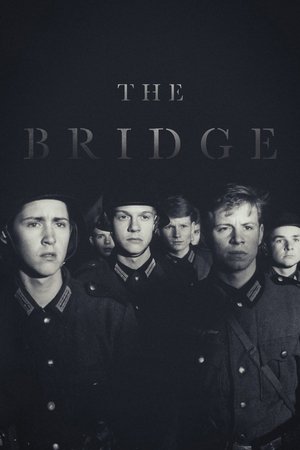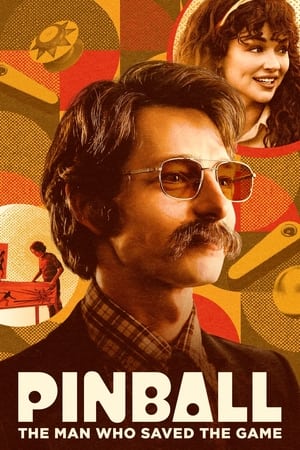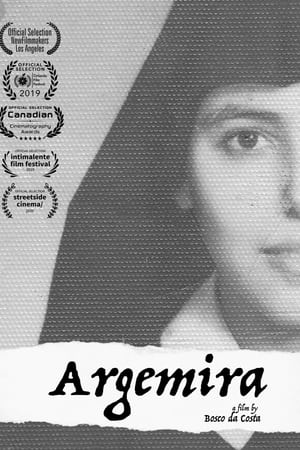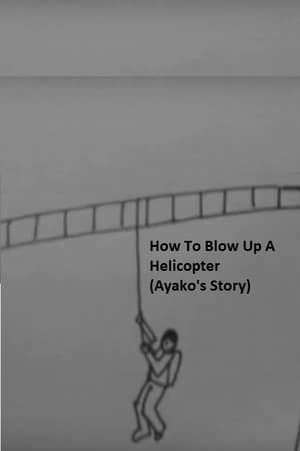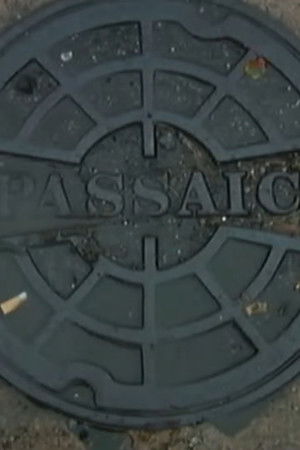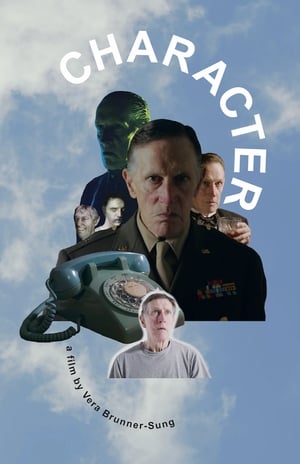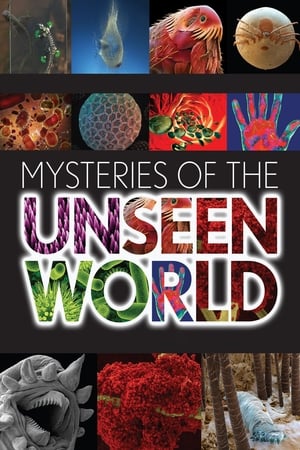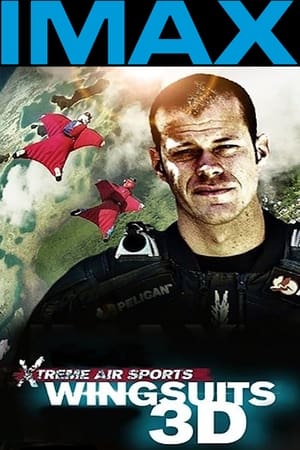Overview
Archival footage of an American Nazi rally that attracted 20,000 people at Madison Square Garden in 1939, shortly before the beginning of World War II.
Reviews
It’s hardly surprising that National Socialism could find a home amongst the American population at the end of the 1930s, but this short newsreel focuses quite an effective light on just how “presentable” and “patriotic” the Nazis could make their swastika and their pro-gentile policies to twenty thousand folk. There is no radical language, no taunting or hate speech here. This is a man who mentions only the positives of his strategy and he even manages to do a little bit of Soviet-bashing as he preaches to his converted before a stranger forces his way onto the stage. Is he a protester or is he a plant? We don’t know, and that’s why I struggle to define this a documentary. The original archive speaks for itself, but the film doesn’t identify the speaker nor who the interloper was. I didn’t need a narration, but a few astons wouldn’t have gone amiss to keep us informed of who was who. Europeans would have been well used to these rousing gatherings by 1939 so perhaps it was only a matter of time in a city like New York.

 7 min
7 min
 6.279
6.279
 2017
2017
 USA
USA
 CinemaSerf wrote:
CinemaSerf wrote: